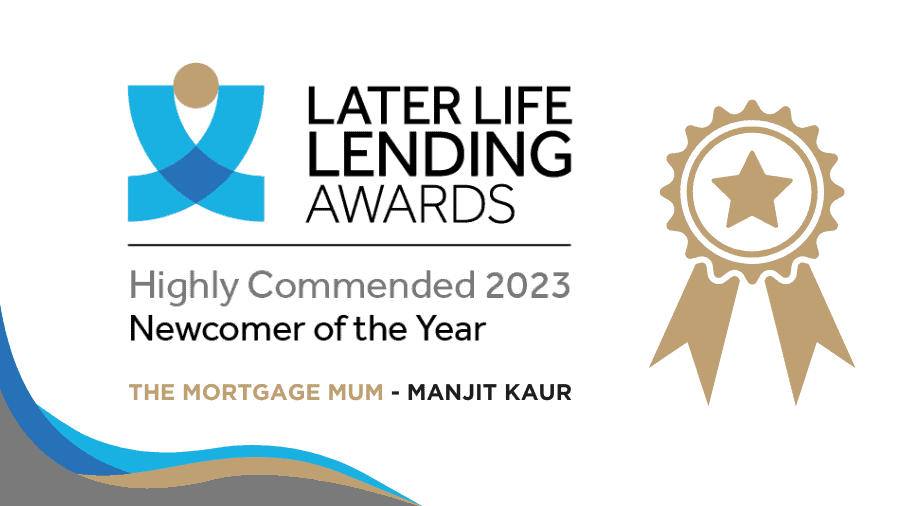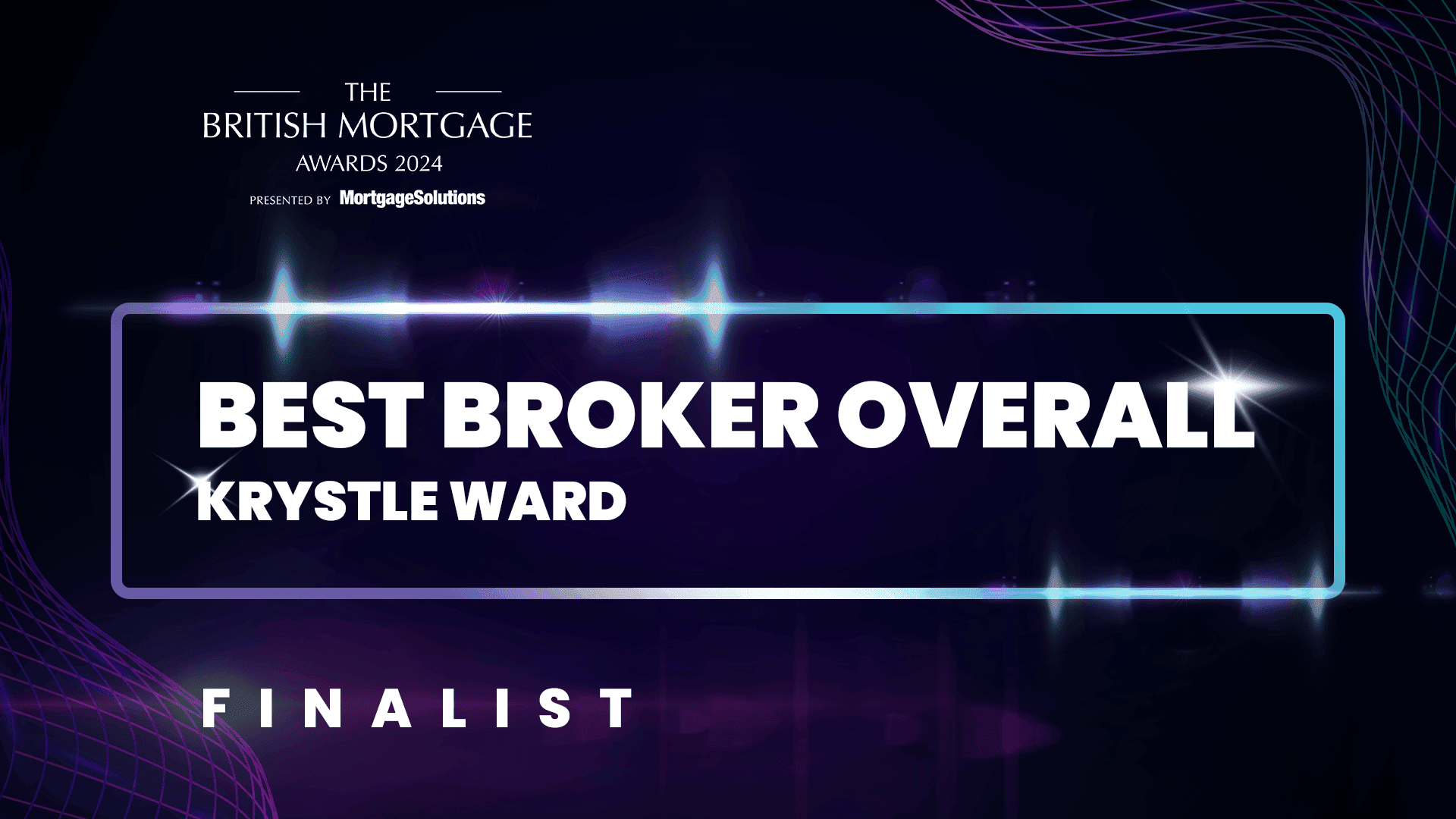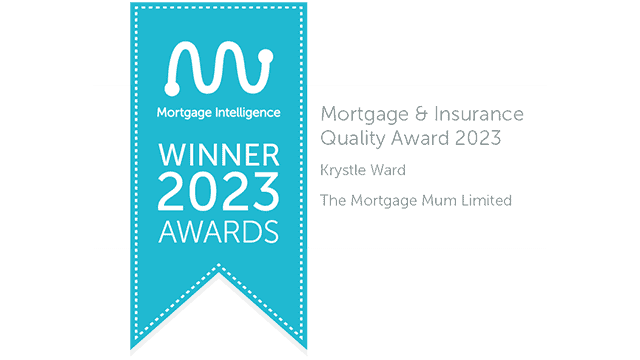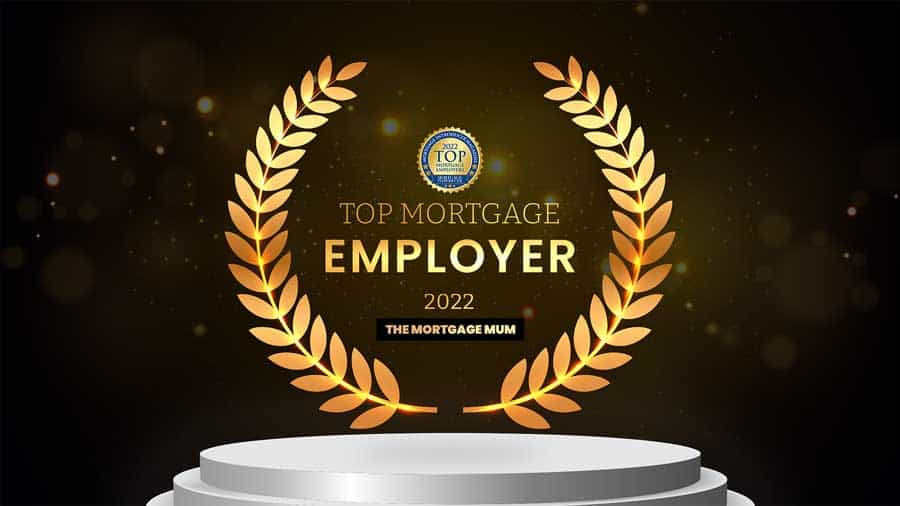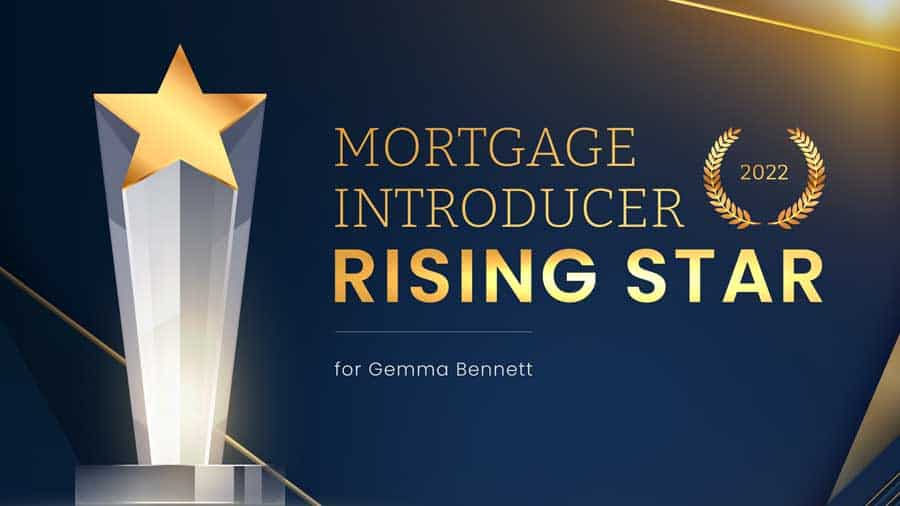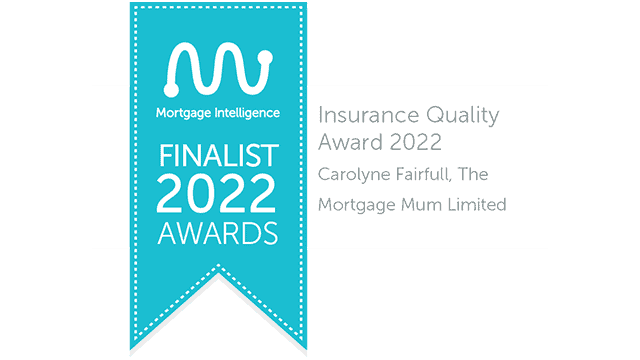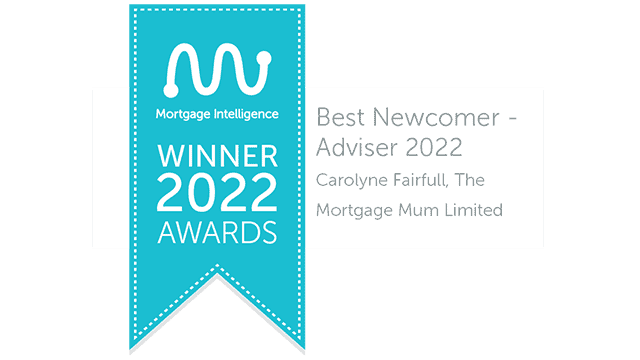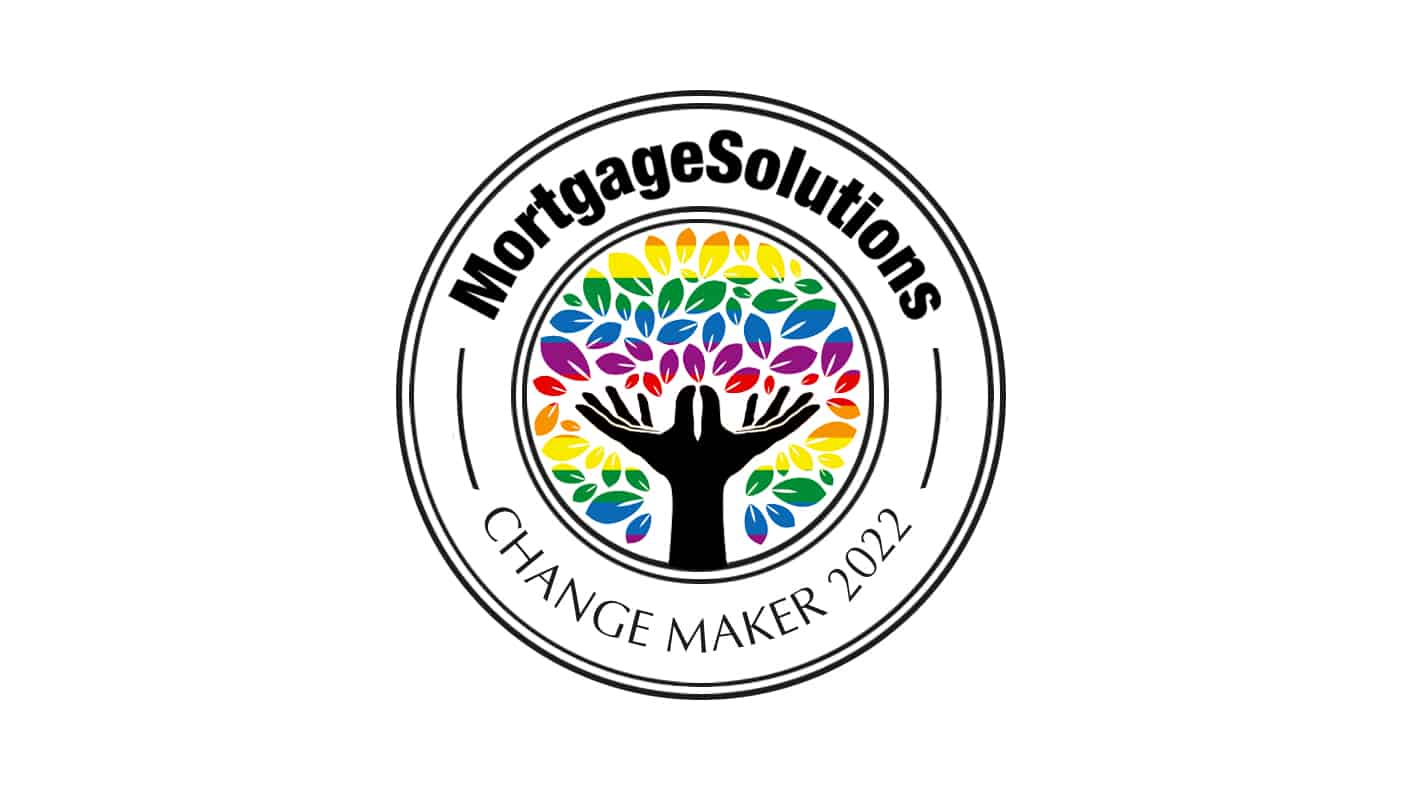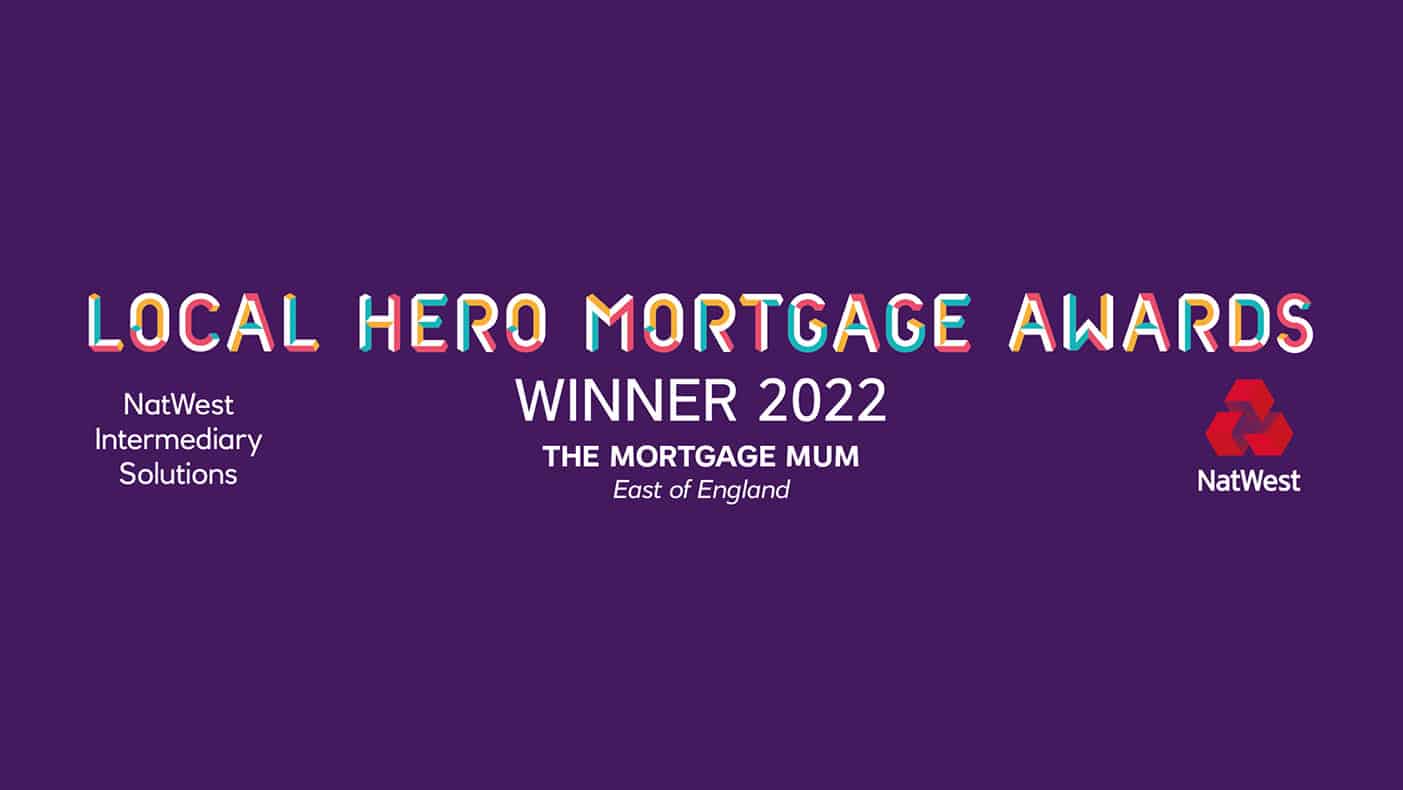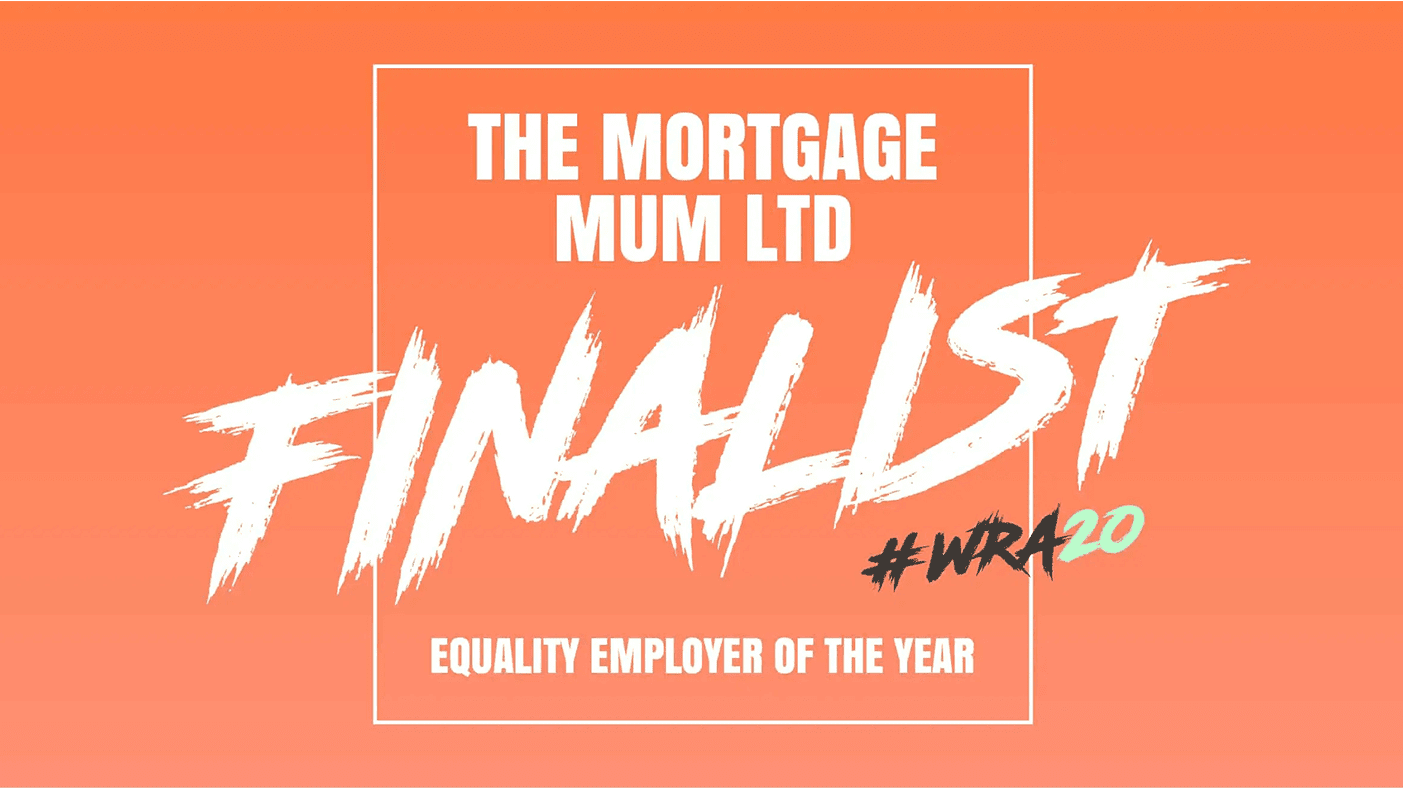What does an Estate Agent do?
Property top tips with special guest Chris Nathan, owner and founder of Hound & Porter Estate Agency in Reigate, Surrey.
Welcome to the Mortgage Mum podcast. I’m Zita Latham, Senior Mortgage Broker and Protection Advisor. Today we meet Chris Nathan, Estate Agent and owner of Hound and Porter estate agency in Reigate, Surrey.
Chris has worked with major high street agencies over 30 years and has a huge amount of knowledge and experience in the property industry. We’ll be getting exclusive tips from Chris on searching for property and negotiation tips to secure that dream home. Most importantly, we will hopefully find out if this is a good time to buy.
Tell us a little bit more about you and the agency.
Sure. Hound & Porter was set up in October 2019 and I’ve been selling property now for 33 years, mainly in the Surrey area. I was managing director of a corporate company for almost 18 years, and it became apparent that people were looking for something different from their estate agents. So I set up Hound & Porter as a concierge, bespoke business to deal with a limited number of customers.
Too many agents work purely on numbers, and as a customer you feel like you’re on a conveyor belt. Whereas what we try to achieve is to help a small number of people – around 25 at a time – with very high levels of service.
We’re nearly four years in and people tend to like what we do. 75% of our business now is referred or recommended. I think we fill a gap in the estate agency market that’s different from most agents, who are either big corporate companies just interested in profit and turnover, or small independents that grow quite quickly and end up being new corporate agents.
We actually met because you listed our property when we were moving. What should people expect from an estate agency when they start looking for a property?
Your house was the first one we sold coming out of lockdown. It was a very strange time. If you remember, we were out delivering little baskets of goodies for people that were stuck in their houses.
So as an estate agent, we get paid by our sellers, the owners. But a lot of agents fall into the trap of thinking that nothing else really matters – it’s all about owners. And because of that, many buyers, especially first time buyers, have very low expectations of agents in general.
I think first time buyers are different to people moving for the third or fourth time. First time buyers can be a bit led by the agency that has the properties they want to look at. It would be great to be able to just buy through an agent that you know. And we do get people specifically wanting to buy through us.
We offer a home finder service where we’ll find out what a buyer is looking for. We’ll deliver upmarket, good quality leaflets to that area and we get a lot of calls back from those. Interestingly, when we do that, many people think that it’s all just a ruse to get a valuation, but we have genuine buyers who tell us the road names they want, and we’ll go out and we’ll deliver these leaflets down those roads.
So coming back to what a first time buyer should expect or want? I think it’s all about relationships, for both buyers and sellers. Buying or selling a home is emotionally driven a lot of the time. It can be quite stressful. When I set the business up, I was really keen to alleviate all that stress. Moving house should be fun and it should be exciting.
Our job as agents is to smooth out any humps in the road and make it as easy as possible. A lot of that comes with experience. Buying a house would be great if you could buy through a certain agent, but the reality is that the house you want is often on with an agent you don’t know – or perhaps don’t necessarily like.
Transparency, from my point of view, is the most important thing, definitely us as agents, but also as buyers. Listen to the people who are going to give you honest and true advice. If you can build a relationship with your agents, you’re going to work with someone who’s going to help you.
Part of my business is holding buyers and sellers’ hands all the way through the transaction. Many agents fall short of that – it’s all about getting the listing, agreeing the price and moving on to the next one.
But if a transaction doesn’t go through, as agents, you don’t get paid. I’ve had two transactions that took over a year from offer completion. One was a year on the nose and one was one year, one week. I can’t think of any other profession where you work for a year for nothing and then get paid at the end.
What should a buyer offer? How does pricing and valuation work?
The offer process is really difficult from a buyer’s point of view. You read that the house prices are falling, and interest rates are going up, so what should we offer? A lot will depend on the pricing policy of the agent. I can’t comment on what other agents do, but our policy is to value the property at what it’s worth, backed up with evidence.
Some agents will inflate the price to win that business and appeal to the human nature of greed. A lot of the time I’m valuing properties and I can say I’ve sold various other homes in the same road. So I know your house is worth X. The owner will say that another agent valued it at £50K more. But there wasn’t any evidence. That’s the really difficult part.
As a buyer, you shouldn’t ask the agent what the owner will accept on a property, because the agent is employed to get the very best price possible. Last year in 2022, 92% of what we sold went for the guide price or above. It’s very different now. It’s either the guide price or a little bit below.
If you’re wanting to buy a home, you’ll have to provide evidence to fit in with the anti-money laundering regulation. You have to provide proof of funds, ID, etc. In the same way, we always ask for a mortgage agreement in principle.
And in nearly four years, we have not had one buyer that couldn’t get the mortgage, not one. We do want to see that they can get the money in the form of a certificate. So my advice to any buyer is to speak to Zita, go through the process and get a mortgage agreement in principle before you go out looking.
As an owner, it must feel reassuring when your agent rings you with an offer, and they’ve already checked if there’s a chain and how long the buyer’s property sale has been agreed, how the local search has been done, if the mortgage offer is out. We ask loads of questions.
If sellers want a house valued higher than it’s worth, what do you do? If you value it at £50,000 more, your buyer will have a down valuation from the lender.
We’re in really interesting times now. We won’t take anything on the market if it’s too much money. I learned that the hard way in my previous role as MD.
Transparency in our business is really important. If I value a house at £800K and the customer wants to use me but asks us to value it at a higher amount, we wouldn’t do it.
It costs me a reasonable amount of money to put houses on the market: professional photos, EPCs, professional video, professional floor plan. The longest I’ve been at a house is nine hours for a very big property in Reigate. For most homes, we’ll be there for 2-3 hours with the photographer. We pay upfront for that, we don’t expect our clients to pay anything. It’s part of the service.
We don’t want to do all that on a house we know we’re not going to sell. Plus, the relationship with the owner will deteriorate straight away if they’re expecting to sell at £875K and we know we won’t get that. It’s just a matter of time before we have to reduce the price. So it’s much better to market at £800K, explain what the owner can expect, and if they want more money to try another agent.
One of the most important things about marketing your home is getting it right the first time. That way it will sell. If you get it wrong you can end up chasing the price down and you’ll never be a step ahead of the curve.
My clients often pick up on a property that’s been on the market for a few months. If it’s overpriced, will it end up selling below market value?
People will build the wrong impression of an overpriced house. There are some very, very good properties available now Reigate and the surrounding areas. But they are just too much money. If they were the right price, they would sell.
But the damage is done – people think there must be something wrong with them. If it’s in the wrong price range, you can end up with lots of viewings but no offers purely because it’s lacking something really special that it needs at that price.
Most of the houses we sell are between £750,000 and £1.5 million. We don’t sell much under £750,000 any more and we have sold property above £3 million. But what’s important is building a relationship, because it’s going to be tough. That relationship could be a year, it could be less, it could be more.
If one of you isn’t feeling comfortable, it will start to break down. And for me it’s all about complete honesty with the price, doing what you say you will and giving feedback. It’s Monday today. We would have had 20 viewings at the weekend. So our job on a Monday is to ring the buyers to find out what they thought about the house and feed back to our owners.
If something keeps coming up over and over again, we can tell the owner: they don’t like the bright red living room, so let’s paint it white. But usually the feedback is that the house is a bit expensive, or the third bedroom is too small.
Something new in the last few years is that if the buyer doesn’t answer the phone and we leave a message, they don’t ring us back. Our process is to ring twice and leave two messages over a 24-hour period. If they don’t call back, they obviously don’t want to buy.
It’s something that’s really crept in since COVID. People are lethargic about giving feedback but it’s critical.
How do online viewings affect the process?
I did a lot of research before I set up Hound and Porter. And back then 92% of people go online when they start looking for a house. It was desktop then, before migrating to iPads and now it’s mobile.
If you’re in the wrong price range, buyers are looking for something that the house hasn’t got. So you end up with no viewings. I can access the back end of Rightmove, and see how many views a property has had.
If a property is getting 4,000 detailed views over two weeks, it’s attracting a lot of interest from the wrong people. Because if you’re getting all those detailed views and no viewings, it means that while the marketing we’re doing is perfect – it’s attracting everybody – the price is wrong.
Accessibility to the agent is really important. In our local area, we are the only agent open on a Sunday. We’ll do viewings on any day of the week. People work long hours. Saturday could be sports day for the children and Mrs Buyer might be playing golf or something.
So Sunday is the day where they can go viewing and we’re the only people that are open.
We work late hours. We will answer the phone up until 10 or 11 at night. Our tech is very high end, so we can access emails remotely on all devices. The phone rings automatically on our mobiles, even though you ring in the office.
What top tips would you give someone wanting to sell their home?
Photography is a huge factor in marketing your home. But people don’t look in shop windows. They’ll walk down the high street on a Sunday, have a good lunch, look in the window… those people aren’t buying anything. So it’s what you do on RightMove, Zoopla, Prime Location and social media feeds that counts.
We actually get more buyers and owners through Instagram and Facebook than from Zoopla and Prime Location now. Our own website attracts a lot of people too.
My advice to all owners is, however big or small your house is, declutter it. We always give 10 days to two weeks before we visit with the photographer and we tell people what they need to do between now and then.
A couple of years ago I went to see a house in Earlswood, a village just outside of Redhill. It was what I call a lived-in house, three-bedrooms, semi-detached, Victorian. There were five people living in it, two adults, two grown-up children and a younger one. There was a lot of stuff.
I said you need to declutter and put all these things away. Imagine looking at your room, what do you want to see and what don’t you? We’re happy to move stuff. It’s all a bit of an illusion. We’ll move everything out of the kitchen and put it in the dining room. We’ll take a picture of the kitchen, and then we’ll move all the stuff back in. That’s why it takes so long.
I suggested to this lady to buy some 60-litre plastic boxes and put anything in that she didn’t really need. I went back 10 days later, and it was like a different house. There was nothing in it. And I was like, Where’s all your stuff? She said, look in the car. She had a Volvo estate, and there must have been 15 of these boxes in the car. You couldn’t get in it! She literally put everything in the car for the photos. The photos came back great, the video was great, and the house sold in just two or three weeks.
How prepared should you be for viewings?
When you do your viewings, you’re somewhere in the middle. The house needs to feel lived in, but it needs to feel smart. There is nothing worse than showing a customer around where it looks like everyone’s just got out of bed. It gives all the wrong impressions.
We don’t allow any owners to do a viewing. We’ll accompany them all because we believe we’re the best people for the job. That’s what we’re getting paid to do. Sometimes owners and buyers together build the wrong impressions of each other.
Most people are really nice. The owner shows a buyer around, the owner is really friendly and offers you a cup of tea or maybe a glass of wine on a Friday night. The buyer walks in and within a minute they think, I don’t like the house.
They’re not going to say ‘thanks, but I don’t want to go upstairs because I don’t like it’. They’re just going to be really polite and take the cup of tea and wander around and it’s a 45 minute meeting viewing where after minute one, the buyer knew they weren’t going to buy it.
The owner thinks they loved it and are going to buy it. And you ring the buyer and they don’t like it. That’s why it’s much, much better to work with an agent that’s going to offer that service.
What else is important in selling your home?
We’ve got seven top tips for selling on our website. For vacant properties, I’ve got a little box of props: towels, plates, glasses, vases, fresh flowers, fake flowers. We make it look nice. Little things like that make a difference. Fresh flowers in your own home for images are really important.
It catches the eye, especially if they’re seasonal. In spring, I love the daffs. Our photographer takes what I would call real-time photography, i.e what you see is what you’re going to visit.
There can be lots of trickery in photography. Again, you learn the hard way. For example, you’ve taken a picture of a garden from an angle where it looks much bigger than it is. Imagine a buyer wants a big garden and has travelled for an hour to do the viewing and they see it’s only 20 feet. They’re going to be really annoyed. That’s not good for the owner or the reputation of the agent.
Some of our owners will only accept viewings from people who are in a position to go ahead, whether that means their own property is under offer or have nothing to sell.
But my view is if somebody wants to view a house and they are living locally I would still show them around. I’m happy to take the time out of my day to do that. For people outside the area who aren’t ready to buy, some owners won’t want that viewing because they will need to present the house well. If there’s no chance of a sale happening, then there doesn’t seem to be much point.
So a lot of our owners instruct us that a local customer is fine, if they’re outside the area let’s not do the viewing. It can be frustrating if you’re trying to buy in an area that you’re not local to.
But get your house on the market. Get a buyer that will wait for you and then start looking. You’re going to be in a much better position – if you see the house of your dreams, you can buy it. If you haven’t sold, somebody else might come along and snap it up.
Absolutely. And a seller needs to know what their property is worth. If they don’t sell, they won’t know how much they can spend on the new property.
Exactly. They might have had their house valued, but if the value they’ve been given is incorrect, the purchase will fall apart.
We’ve just had a situation recently where a lady viewed and loved the house then had to go and sell her house in Worcester Park. It took time to get it on the market and get it sold. She did actually end up buying the new property, but we showed another eight or nine people around that property after she made her offer. It must have been really nerve-wracking for her, but we couldn’t take it off the market because she wasn’t in the position to move.
So if you don’t want any stress, get your house on the market with an agent you think you can work with, and don’t base it on price. Base it on experience in the area and then just discuss fees and price afterwards.
Price needs to be supported with evidence. Fees can be really emotive. We charge a fee and that’s it. We don’t negotiate. What we charge is reasonable.
With those that charge less and then reduce it down and down, I would question what their negotiating skills are going to be like if they’re happy to lose their fees so much. If you’re picking an agent based on fee, you could struggle at a later point.
Is it a good idea to talk to a few agencies, and base your decision on trust and the relationship?
I think so. You can make a horrific error of judgement if you just base it on who’s going to be the cheapest. Sometimes people call and ask how much we charge. My answer to that would be, I’d really like to come and meet you and let’s have a look at the house and we can talk through our charges.
If somebody is insistent on the phone they want to know your fees, we would divulge that info and we’ll probably never speak to that person again. Because if you want cheap, then other agencies will be cheaper.
This is not an area to cut costs – cost is service.
Absolutely. A recommendation is the best route.
On Facebook we sometimes see posts on Reigate groups where someone is asking for recommendations for estate agents. They get a list of maybe eight or ten different agencies where people have had a good experience. It’s quite hard to go down that route – now they have eight names. Do they see all eight? If you’re interviewing estate agents, I suggest you see three.
Having run 14 offices for a corporate company, I’m now the business owner. I’m not that owner that goes and plays golf every day. I’m in the office 10 hours a day with the team working together.
I regularly get phone calls from friends of previous clients. I’ve recently had a contact from a lady in America who wants to sell a house that is failing at the moment. We sold her sister’s house in Oxford, and she rang me out of the blue.
That’s good business. That’s where I wanted to get to, where 75% of people are recommended to us. We booked two valuations this morning within about 10 minutes of each other, and one of them was a recommendation.
I deal with obviously a lot of first-time buyers, but I’m not an estate agent. They always want guidance on how to negotiate to get the dream house. What’s your advice?
A horrible cliché term, but a house is worth what somebody’s prepared to pay. During COVID, when the government created the stamp duty holiday, we had people offering hundreds of thousands of pounds over the price. It was partly because they were running away from London and the pandemic, and partly to beat the stamp duty deadline of June, tapering off to September, giving them a £15,000 saving.
It seemed a bit crazy to me. You’d offer £100,000 over the price to save £15K, but people did it.
We don’t deal with a lot of first time buyers, but I have done in my career. I think the best advice is to listen to the right people. You need a good agent, you need a good broker, you need a good lawyer. In fact, it doesn’t matter if you’re a first time buyer, you need those three key ingredients anyway. We have a brilliant lawyer that we recommend, we’ve been working with her for a long time now.
The key is not to make an offer that’s too low. There’s a fine line between making an offer that’s not acceptable, but the owner doesn’t get upset, and making an offer that is so low that the agent and owner get annoyed. Then nobody is on your side. You have to find a figure that you can afford, and isn’t going to upset an owner.
My belief is that if you see a house, it’s well priced and you can afford to pay it, you meet the price. If it’s £500k, offer £500k, show the evidence you can buy it and ask for it to be withdrawn from the market immediately. An owner is asking for an amount of money, you’re paying it. That’s a good relationship from minute one.
If there’s a week of protracted negotiations, there’ll usually be other problems that arise. “I want a bit more for the curtains now, because I didn’t get my best price”, or “I’m not going to leave the cooker because they didn’t meet the price I wanted.” Niggly things can turn a good transaction into a difficult one. So if you can afford the price, meet it.
Is there a risk to offering below the asking price?
If you offer low, you might get accepted, but you still stand the danger of losing it. But there’s also something in the middle. Let’s say the property is £500k, there’s been a number of viewings and you offer £480k, and the owner decides to accept it. Nothing is set in stone until exchanging contracts. even if it’s a first time buyer with no chain, that can still take three months.
Two weeks down the line, one of the other buyers that viewed at the time is now in a really good position. They come back and ask about the property and we explain it’s currently under offer. They then say they would offer £500k. By law, we have to put every offer forward to the owner up until the point of exchange of contracts. We have to do it, and it should be followed up in writing within 24 hours.
So we would have to go through all the due diligence with this other buyer, even though it’s under offer, it’s been accepted, it’s going through, it’s off the market.
And it’s quite likely that the seller would want to accept the new offer. We then have to phone the buyer that thinks they’ve got £15,000 off. So whilst you thought you’d made a saving, you actually ended up losing it.
In the first quarter of this year on price, we saw a correction. We saw overpriced properties coming down to the right price. So it looks like prices were falling, but really, they were just correcting. But now we are seeing a decrease in prices – there’s no doubt about that. Properties need to be competitively priced now and it needs to be a good property for it to sell.
What’s your take on the property market now?
I’ve been through periods in my career where there’s been a lot of down valuations. I get asked all the time what’s happening with the market. It’s a scary time. But we’ve been used to such cheap money for so long that everybody’s got used to paying sub 1% on their mortgage. But actually the norm is 4.5% to 6%. Those of us that are older than 50 will remember Black Wednesday when the interest rates went up to 17% in one day.
Now a two year or five year fixed rate is 6%. While that’s a far cry from the 1.5% you would have got three or four years ago, it’s still not a disaster. It’s about the public coming round to the new norm, if that makes sense.
I think we will end up this time next year, hovering around 4.25% or 4.5%, something like that. If that’s where we end up, I think that’s okay.
Part of an agent’s due diligence process should be to ask when a client’s Agreement in Principle was done. If it was in January this year at 4%, by the time it runs out, the same product is going to be 6%. That might mean the difference between buying and not buying.
We had that exact case last year where the gentleman had his numbers run by the broker and wanted to buy an £800k property. When he reran the numbers, because he hadn’t done it for six or nine months, the cost of the mortgage had gone up by £2,000 a month, which meant he couldn’t afford it. He ended up not moving and staying in rented accommodation.
We asked his broker to rerun the numbers and that’s why – because we quickly realised he couldn’t go ahead. Our job is to check those details.
We find with brokers, if you’re dealing with someone working for themself, the likelihood of getting correct information is very high.
When the Bank of England again increased the base rate in August [2023] it was reported that house prices fell at the fastest annual rate in 14 years. So is it a good time to buy?
I think it was Nationwide that published those stats. And we are getting properties falling.
There’s no denying that. I think prices are going to keep deflating slightly, probably to the end of the year.
I suspect by the end of the year, mortgage rates will be coming down and going into next year, there’ll be a lot more confidence in the market. What this type of market does is deter the ‘casual seller’. People who would like to move if they found the right home. Those people have gone. Now we are dealing with people who have to move.
Yes, interest rates are high but for people with growing children and not enough space, it’s time to move. Or someone in their 80s, living in a massive house who can’t afford the energy bills. They have to trade down before they are forced to move. The market is producing people that have got a genuine desire and have to do it.
It’s very strange at the moment because usually you have lots of buyers and no sellers, or lots of sellers and no buyers. At the moment not many people are registering and there’s not that much property for sale. A lot of people are sitting on their hands.
There’s never a good time or bad time. If we all had a crystal ball and could read where the market is going to go, we’d all be millionaires. But I have to move for whatever reason and I can afford the repayments, I would move.
You have good and bad months. August is a particularly tough month. March, June, September are very good months to buy and sell.
Rates are on a curve over the long-term. Over a 25-year mortgage term, you see the ups and the downs. Whether you buy now or later, it will happen, so that shouldn’t put people off.
I can only comment on my immediate area, but if you’re looking at staying in your home for 5-7 years, you’re going to make money. You might find that over the next year to 18 months, the price might fall away, but it will catch up.
If you’re thinking that you’ll only live in your next property for a couple of years, you might catch a bit of a cold: you may break even on what you paid, or you might lose a bit.
Property is just like any long term investment. If you don’t invest for a minimum of three to five years, you won’t see a return. That’s true wherever you put your money, whether it’s stocks and shares or properties.
People ask me about apartments and where we are in Reigate, there’s a lot of apartments going up. If I were a developer now, I wouldn’t be building apartments unless they’ve got outside space. One thing COVID has brought to the fore is that people want to be outside.
We don’t sell many apartments, but we have struggled to sell those where there’s no outside space. I do quite a lot of advising developers and investors and I always advise two, three, four bed houses, family houses. That’s what people want and need and how developers will maximise value. Otherwise you’re going to end up with blocks of apartments that are either rented or vacant. And that’s not very good for a community at all.
Why is it harder to sell flats and apartments?
Many developers look at pounds per square foot. How many properties can I get on there to make the most money? I get that completely, but we tend to deal with smaller developers who value their own legacy and do want to build something that the community will like.
If you can put four really nice three-bedroom homes on a plot of land, why would you not do that rather than nine flats? Those flats aren’t selling. There are many blocks of nine apartments that are just completely empty.
Some people can only afford an apartment, but one that’s got a little garden or a balcony or a roof terrace will hold its value a lot more than a one or two-bed apartment, second floor with no lift, with no outside space.
If you imagine the market as a piece of pie, every type of property will have a section of that pie. If you have a three or four bedroom Victorian semi-detached house in Reigate, you’re going to have a quarter of the pie. There are lots of those properties to sell, and lots of buyers.
If you’re selling a one-bed apartment, on the second floor with no outside space, there’s lots of those in the pie, but few buyers. You have to think about selling as well. Some people have no choice – they only have X amount to spend, and therefore that’s all I can afford to buy. And you have to accept that for some people, that is the case.
Those people will try to be on the ground or first floor, not second if there’s no lift, because they might have a baby in a pram, or they are elderly people and won’t want to walk up those stairs. Consider the location, is it near a station? Is it near the High Street? Can you get around the area on foot? A one-bed apartment on the second floor with no access to facilities will be tough to sell.
How important is location today?
Every property will sell at the right price, there’s no doubt about that. But those that sell quicker and hold their value more will be in a good spot. I’m always a believer in buying the worst house on the best road rather than the best house on the worst road.
We’re quite lucky that in our area there aren’t that many bad properties or bad areas. But there are hot spots where people really want to live, and those properties will hold their value.
As a buyer, if you don’t know the area, build a relationship with an agent that’s going to tell you the truth. I always advise people who see a house they love, to visit the area at 11.30 on a Friday night. What are the pubs doing? What’s happening at the local chippy?
You might find things you don’t like. You could have a beautiful house 200 yards from a really bad pub. You’re only going to find that out if you witness it for yourself. Also, research the area in the mornings at rush hour.
What’s your view, short term and long term, in terms of the property market in the UK?
I can only really comment locally. When Nationwide said that prices fell 3.8 %, the largest drop for 14 years, that’s UK-wide.
There will be pockets that have gone up in price and some that might have dropped 10%. What we’re experiencing in Reigate and Redhill is that although they’re one mile apart, prices in Reigate are 20% higher than Redhill.
I’m genuinely not worried about the housing market at all. I think that we are always positive even when it’s tough. It just means we are having to work for a living now. We did go through a period of time in 2020/2021, with the stamp duty holiday where anything would sell. In March 2021, we sold nine properties in one weekend – when normally we would sell six to nine a month.
In June 2021 we had 18 people moving in one month. But I knew that was not going to last forever. My team was creaking at the seams, and I said, trust me, once June is gone and we’re into July, it will be like someone turned the tap off. And it was. Literally, once the stamp duty holiday ended, it was tumbleweed time.
There was a little peak at the end of September, and then nobody moved or did anything in quarter four, because everybody had moved for the year. I’d say 80% of people moved in the first six months of that year purely to meet that threshold.
I think the housing market in the UK is going to recover quickly. Once mortgage rates start to come down and that confidence starts to come back into the market, a lot more buyers and the more casual sellers will come back.
We had a question this week about the housing market, and we were positive, and the client said it was great to hear that, because another agent had told her not to put her house on the market until January. That’s just crazy advice.
There are still people who want to buy and people who want to sell. The next four or five months are going to be tough. But confidence will return and I think next year will be a really, really good year.
Absolutely. We had another increase in the Bank of England base rate and hopefully inflation will start coming down.
You’ll know better than me, but last week, I think the four largest lenders in the UK all reduced their two and five year fixed rates, didn’t they?
Zita: We’ve had some small reductions. It’s not like it was earlier this year where we had very frequent reductions. With people who wanted to remortgage I managed to reduce their rates three or four times in six months because the banks were just cutting and cutting. They ended up actually taking a really good rate, although it was a really high rate when we started the process.
It very much depends on what inflation does, how much the market gains confidence, but we could potentially see swap rates coming down – which is actually what drives mortgage rates. The Bank of England base rate can go up, but if market confidence is there and swap rates are reducing, that’s what will make the banks reduce their fixed rates. Time will tell.
Chris: I just draw on my experiences of doing this job for so long. We’ve been here before for different reasons, and we recovered. And 2008 was the last big problem we had. Year on year on year until 2017, our business improved and improved.
This year is not going to be a great year. Years two and three were great. Year four is going to be tough. Year five, I’m supremely confident it’s going to be great.
Thank you so much for your time. I’m sure our listeners will enjoy listening to your top tips and views. I hope we can invite you on again in the future – you’re a very important part of the house buying and selling process.

























